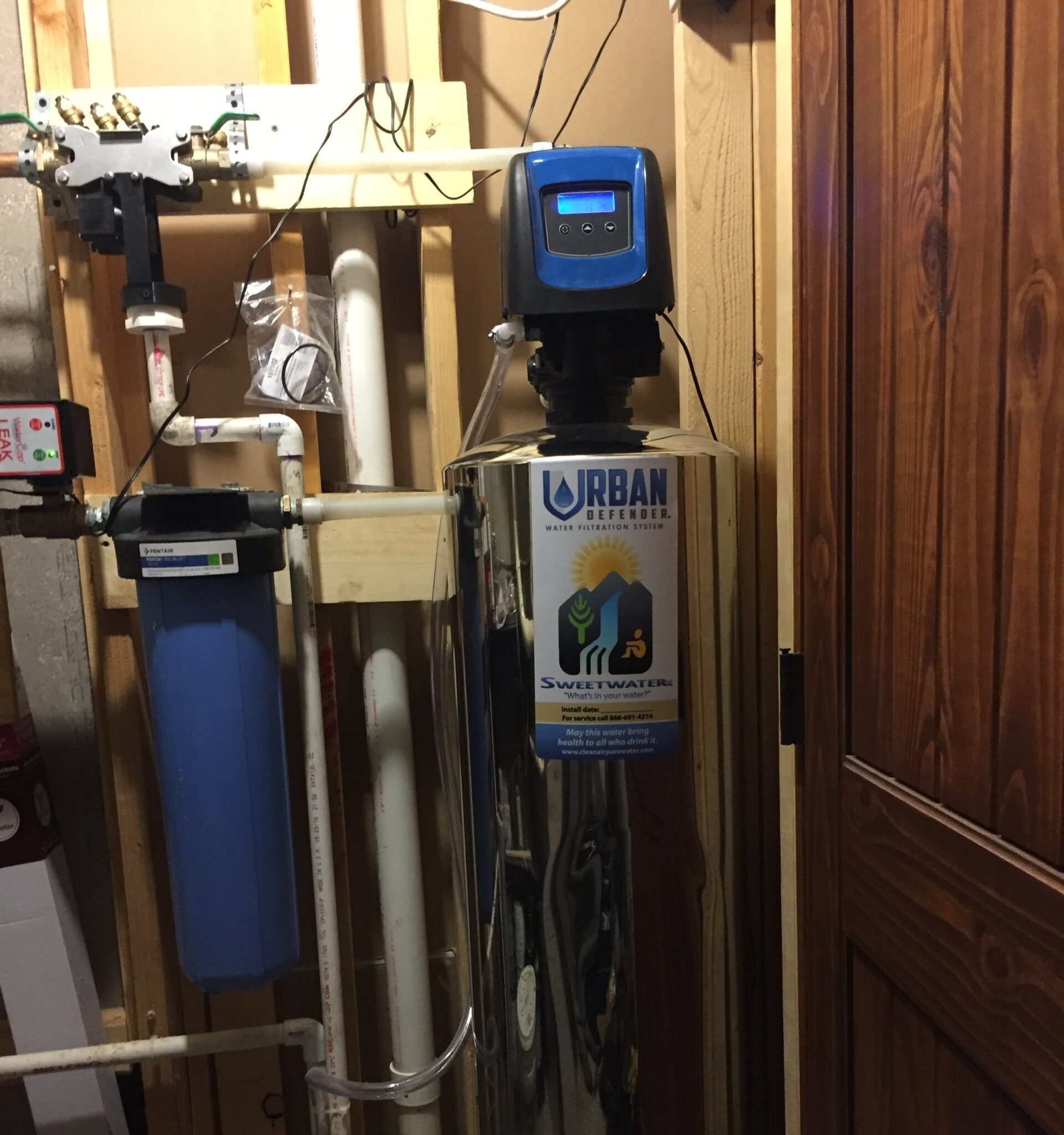Water is a vital element of our daily lives, and ensuring its purity is paramount for the health and well-being of your household. In this comprehensive guide, we’ll delve into the world of whole house water filters, exploring their benefits, types, and how they compare to kitchen water filters.
The Importance of Clean Water
Clean water is not just a luxury; it’s a necessity. Contaminants present in tap water can affect not only the taste but also the safety of the water you use for drinking, cooking, and bathing. This is where a whole house water filter becomes a game-changer.
Understanding Whole House Water Filters
1. Comprehensive Filtration
- From the Source: Unlike kitchen water filters that focus on specific faucets, a whole house water filter is installed at the main water line, ensuring that every drop of water entering your home is filtered. This means purified water not only from your kitchen tap but also from showers, toilets, and other appliances.
- A Variety of Contaminants: These filters are designed to remove a wide range of contaminants, including sediments, chlorine, heavy metals, and even microorganisms. This ensures that every water outlet in your home provides clean and safe water.
2. Convenience and Cost Efficiency
- One-Time Installation: Once installed, a whole house water filter works seamlessly, requiring minimal maintenance. This is a stark contrast to kitchen water filters that need individual installations at each faucet.
- Cost-Effective: While the initial investment may seem higher than that of a kitchen water filter, the long-term cost efficiency of a whole house system becomes evident. It eliminates the need for multiple filter replacements and provides comprehensive filtration for the entire home.
Types of Whole House Water Filters
1. Activated Carbon Filters
- Effective Odor and Taste Removal: Activated carbon is highly effective in removing chlorine, sediments, and other impurities, significantly enhancing the taste and odor of your water.
- Organic Compound Removal: These filters excel in removing organic compounds, making them a popular choice for those concerned about the presence of pesticides or herbicides in their water.
2. Reverse Osmosis Systems
- Maximum Filtration: Reverse osmosis systems are known for their thorough filtration process, removing even the smallest particles and contaminants. However, they may have a lower water flow rate compared to other systems.
- Mineral Reduction: While effective in removing contaminants, reverse osmosis systems also reduce the mineral content in water, which may be a consideration for some households.
Choosing the Right Whole House Water Filter
1. Water Quality Analysis
- Identify Contaminants: Understanding the specific contaminants present in your water is crucial in selecting the right whole house water filter. Water quality analysis kits are available to help you identify the impurities in your water.
2. Flow Rate Considerations
- Balancing Speed and Filtration: Different whole house water filters have varying flow rates. Consider your household’s water consumption and select a system that provides a balance between efficient filtration and an adequate flow rate.
3. Filter Longevity and Maintenance
- Long-Lasting Filters: Evaluate the lifespan of the filters. While some may require more frequent replacement, others offer longer-lasting filtration. Additionally, consider the ease of maintenance for each system.
Kitchen Water Filter vs. Whole House Water Filter
1. Specific vs. Comprehensive Filtration
- Targeted Filtration: Kitchen water filters target specific faucets, providing localized filtration. Whole house water filters, on the other hand, ensure that every drop of water in your home is purified.
2. Installation and Maintenance
- Individual vs. Centralized: Kitchen water filter requires individual installations at each faucet, resulting in multiple maintenance points. Whole house systems provide centralized filtration, reducing the number of maintenance tasks.
Conclusion
In the quest for pure, clean water, a whole house water filter emerges as a holistic solution, ensuring that every facet of your daily life is touched by the benefits of filtered water. While kitchen water filters play a role in localized purification, the comprehensive nature of whole house systems makes them a valuable investment in the health and well-being of your entire household.
As you explore the options available, keep in mind the specific needs of your home, the contaminants in your water, and the long-term benefits of a comprehensive filtration system. With a whole house water filter, you’re not just investing in purified water; you’re investing in the health and happiness of your family.


